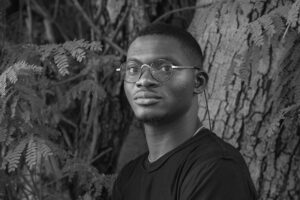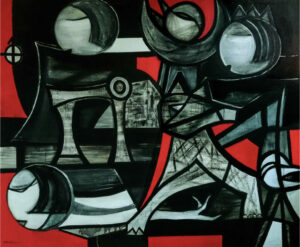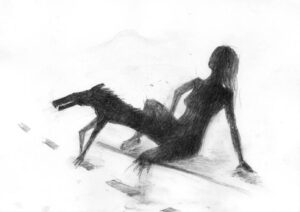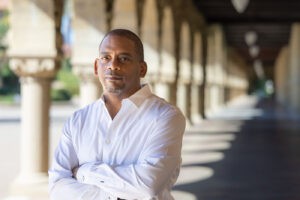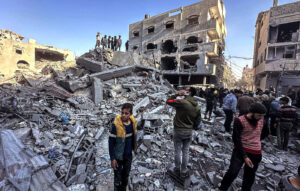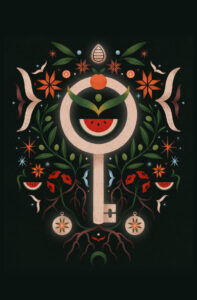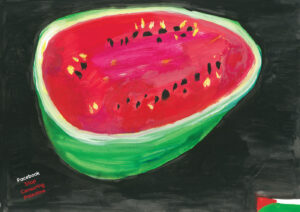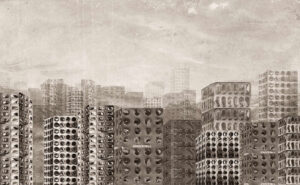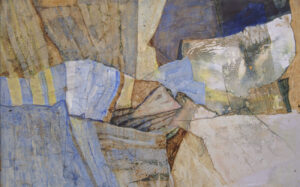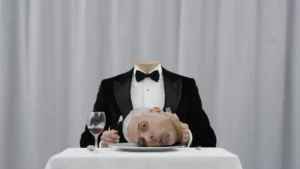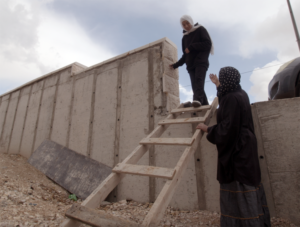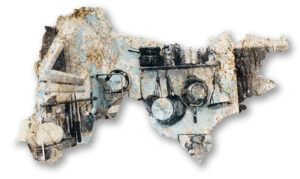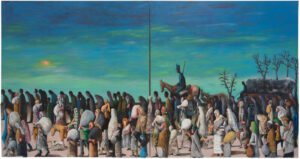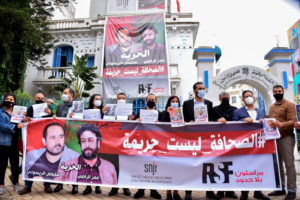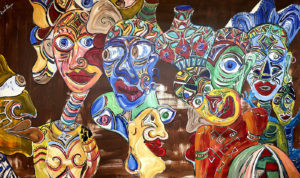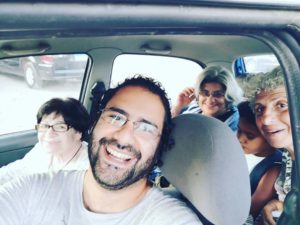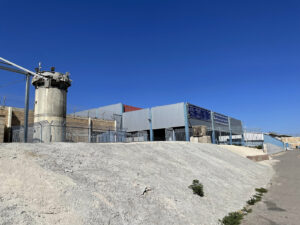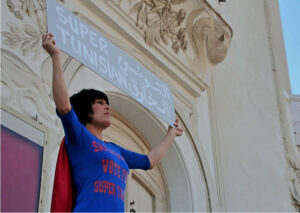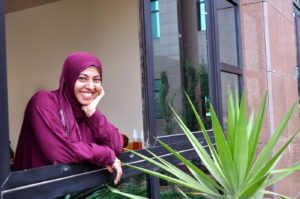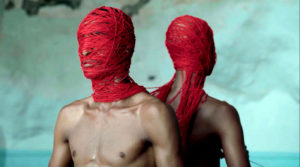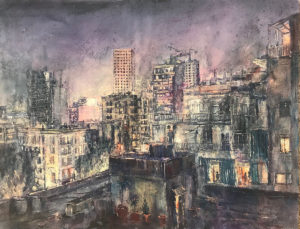Select Other Languages French.
Parents and guardians must thoughtfully reflect on how their children express themselves, whether verbally or through actions, as these choices can significantly influence their academic opportunities and professional trajectories. However, if your kids are only guaranteed educations and careers by keeping their mouths shut, well, what sort of education or career is that? What sort of life can such an education or career support?
Dear Souseh,
I’m a Lebanese mom who has been living in France for the past 20 years. This summer, I made the difficult decision not to take my kids with me on my visit to Lebanon. My main concern is their safety as I fear a potential escalation of the ongoing Israeli aggression against Lebanon. Already, Israel is carrying out weekly bombings, also aimed at destroying the country’s tourist season.
I’m confronted by the terror that the Zionist project has unleashed across my native region: bombings, starvation, and assassinations. From the genocide in Gaza to the daily attacks on civilians in the West Bank, Lebanon, Syria, Yemen, and Iraq, this war on entire societies has been ongoing for decades. But since October 8, it has accelerated drastically, reaching new levels of destruction and cruelty not seen in recent history.
Like millions of others, I witness the horror unfolding every day on my screens. I witness the suffering of entire populations, and of maimed, burned, and orphaned children. I try to compartmentalize, for the sake of my mental health and to maintain some sense of normalcy and positivity for my family. But I cry very often.
Even here in Europe, the sense of insecurity is growing. The Zionist project is also working to intimidate, if not outright terrorize, the 340 million people in the U.S. and 450 million in Europe. Those who dare to speak out against Israel’s atrocities risk being silenced, fired from their jobs, ostracized, or even imprisoned, accused of antisemitism or terrorism.
Each time my daughter wants to join a demonstration for Palestine or Lebanon, in front of her high school, my husband and I worry deeply. We’ve seen how police forces in Paris have brutalized and arrested university students, mirroring the repressive crackdowns happening at American universities. These authoritarian and increasingly fascistic tactics are spreading across Europe, though people have already experienced their share of police violence here.
I’m having an ongoing discussion with my husband about two very difficult questions:
First, how do we talk to our children about the situation without passing on our own anguish and anxiety — which, in my case, is currently bordering on despair? How do we avoid robbing them of their peace of mind, while still helping them understand what’s happening?
Second, how do we encourage them to take part and speak up, without exposing them to the risk of police violence? And even more complicated: the fear that they might say something the wrong way and be blamed or targeted for it.
At this point, the question has become: what can we still say publicly in Europe or the U.S.? What can we allow our children to say or do, without jeopardizing their education (especially in the U.S.) or their future careers?
Signed,
Afraid for the Future
Dear Afraid for the Future,
Like you, I am Lebanese, and, perhaps like you, the first reality I became aware of was that of a war, a civil war. My parents grappled with the same thing you’re grappling with (and again, perhaps the same thing your own parents grappled with): how do we talk to our kids about this surrounding violence? And: how do we talk to our kids about this surrounding violence in such a way that doesn’t damage their sense of a secure future, any more than it has already been damaged?
In my case, we were living in the midst of the war, and so my parents had little say in how much they could shield me from the circumstances at hand. I would argue, however, that you too are living in the midst of a war, even if, in Europe (for the time being) it remains a war of words and ideology, and even if your children aren’t experiencing a life marked by the uncertainties and material shortages of war. They are surrounded by war just the same, especially that their mother is Lebanese, especially that good parts of our country have been collapsed to rubble by the same antagonists that have been perpetuating a genocide unchecked for two years now; especially that you are breaking with norms and exceptionally leaving them behind in France as you go home for the summer. All of this creates uncertainty. All of this makes palpable the reverberations of violence in their own lives.
And so I can address the first part of your question from the child’s perspective, and tell you that your children are already aware of your anguish and anxiety. Even if you are doing your best to protect them from it, putting on a brave face and trying not to discuss more sensitive topics in their presence. Your children are attuned to you and your moods, because that’s just the way kids are with their parents. Or rather, that’s just the way people are with those to whom they are closest. The same way you know when something is not right with one of your children, they can largely sense the same with you. Not to mention, at least one of your children is high school aged and expressing a desire to attend protests, which makes it clear that she’s quite aware of what’s going on, and also has her own opinion on its absolute moral wrongness.
It seems to me from everything I’ve observed that children have both an innate and incredibly keen sense of injustice. They understand unfairness and oppression in a way that bypasses all the usual adult justifications for it. They don’t tell themselves, “Well, this is just the way of the world,” the way most of us have learned to do in order to reconcile ourselves to an otherwise unbearable reality, where entire branches of our human family are made to suffer and die in the most brutal ways. They still have that sense of outrage, of indignation that most of us remember having from childhood when we saw some something unfathomably unfair. That sense of: “No. We can’t stand for this. How can anybody stand for this?”
One of the horrors of this genocide has been the realization that the worst atrocities can be livestreamed before the world and the world will still refuse to act to stop them. And yet this isn’t exactly true. The authorities refuse to act, yes, because they have vested economic interests that depend on their maintenance of the ruthless status quo, on their upholding of the anti-human systems that capitalism requires for its own propagation. But you know who has acted? Young people. They’ve come to the Palestinian cause on their own in overwhelming numbers, not because it’s trendy or financially rewarding or because they’re looking for attention, or for any other reason that those reptiles inoculated against any form of human solidarity like to venomously spit forward. It’s because young people — at least those who haven’t been raised under a regime of racist propaganda and supremacist indoctrination — have a very clear understanding of oppressor and oppressed. They have hound-noses for bullshit, for the sorts of hypocrisies that adults employ to keep either themselves or those around them compliant. That “it’s complicated” lie that’s been thrown like sand in the eyes of the truth for generations now? They can see it for what it is. Nothing about is complicated. There is a colonizer and a colonized. There is a hostile land grabber and a people made homeless. There is a belligerent who starts wars of “pre-emptive self-defense” and defenseless people cowering beneath their US-supplied weapons of mass destruction.
All this to say: you can, and in fact I think you should, speak to your children honestly. You can tailor what you have to say to their ages — a teenager will be able to hear and understand more details than a nine-year old — but any child old enough to process language at a full-sentence level will be able to hear some version of what you have to say. For them to see you full of anguish over an unfolding genocide is them seeing a sort and level of emotion simply appropriate to the situation at hand. And they’ll know that they also have a place to talk out some of their own anguish, to vent their own anxiety. And most importantly, they’ll know that you trust them with your own emotions, which will in turn make them trust you more with theirs.
Despair, however, you can try keeping to yourself. Instead, try to borrow some of their hope for the future. Because the other thing about young people is, by virtue of their age and inexperience, they are in large part more trusting of the future, more innocent of its letdowns. They have to be. It’s the place where their dreams unfurl.
As for how to preserve your children’s futures, given the hostile circumstances to Arabs and those who protest Israeli supremacism and its brutalization of Arabs, the best advice I can give you is a reminder. The simple act of having a child is taking a gamble on the world to come. It’s not only believing that the world will continue beyond your own lifetime, but betting on the fact that this world, to which you entrust these delicate, impossibly beloved beings that are your children, will not fail them. This is not to say that those who don’t have children don’t have a stake in or don’t take gambles on the future, nor is it to say that many people who do have children don’t seem to care about the world they will inherit, or whether there will be a world left to inherit at all. But it remains a fact, whether a parent is conscious of it or not, that a child is a tangible, material gamble on the abstract, beyond-you future and on the kind of world they will live in.
There are an awful lot of people speaking and behaving like this current genocide is just some temporary inconvenience, a political event that can be ignored until it ends, and then life goes back to consumption-as-usual. I don’t know if I say this out of an excess of optimism or pessimism, but I think that this genocide, this children’s holocaust, has changed everything. Nothing is going back to the way it was. The gross savagery that has been unleashed by the Zionists and allowed to proceed unchecked under the auspices of the entire Western world order has literally altered the nature of the reality under which we live. Things we thought impossible before — insofar as they seemed impermissible under the supposed rules of international law — are now commonplace. I’m not the first to say this, nor will I be the last: this barbarism can no longer be contained. It’s going to spread across the world — in fact, it already is. And now, with the outrageous, though long-telegraphed, war of destruction the Zionists have been welcomed to unleash upon Iran, things are only set to get worse.
And so, what can your children be allowed to say or do, dear Afraid for the Future, that won’t ruin their future education or careers? In response I can only propose a further question. What kind of future education or career is available to them, is available to any one of us, in a world post the Gaza genocide, post the unprovoked war on Iran? If your kids are only guaranteed educations and careers by keeping their mouths shut, well, what sort of education or career is that? What sort of life can such an education or career support?
I’m not speaking in the abstract ideal here. Truly, I ask: what kind of future is even possible if it is one where we will need to keep pretzeling ourselves, our sense of ethics and morality, to fit ourselves within the vise-grip of the Western fascism or to escape Zionist accusations of thought-crime? Teaching your kids to resist, to stand up and speak up in the face of injustice is taking the biggest gamble of all on the future. Because you’re betting on the fact that one day there will be a reckoning. We have to believe this — I have to believe this — in order to continue functioning in this otherwise nightmarish present. If anyone is to keep silent now out of fear, it means that they do not believe in a future reckoning, which is akin to believing that there won’t be a future at all. At least not one that has any room in it for people like us, or for children like your children, who come from this Middle East part of the world, and who, as all of us here and from here are learning, will never be acceptably Western enough for the institutions of the West, no matter if that’s where they were born and raised.
In a recent op-ed in Middle East Eye, writer, poet and translator Ammiel Alcalay wrote that “…Palestinian resistance […] must be embraced by anyone who hopes to retain earthly and spiritual value while rejecting the despair and nihilism spreading across the political and cultural spectrum.” I cannot think of a better encapsulation of both the problem of our time, as well as its solution. I would say that resistance itself — through word and deed — is the only antidote to this grievous spiritual injury meted out by being forced to watch a genocide at such unbearably intimate distance. And that understanding it as a spiritual injury is the only thing that explains how and why it seems to have annihilated all the deeper meaning to our existence.
Yes, you must do your best to protect your children from the brutality with which the West greets even the mildest resistance against its hegemony. But you cannot be guided by what that West will allow you to say. They would rather you say nothing at all if you cannot openly and actively support their genocides. What you can do: allow your children to participate in age-appropriate forms of resistance. Teach them how to protect themselves as they resist, how and where to run, where to seek protection, who to avoid. What you cannot, should not do: stop them from resisting. You must see their wish to do it for what it is: an act of hope. It is their own gamble on their own futures. You’re going to have to let them take part in shaping the world to come. It belongs to them, after all.









